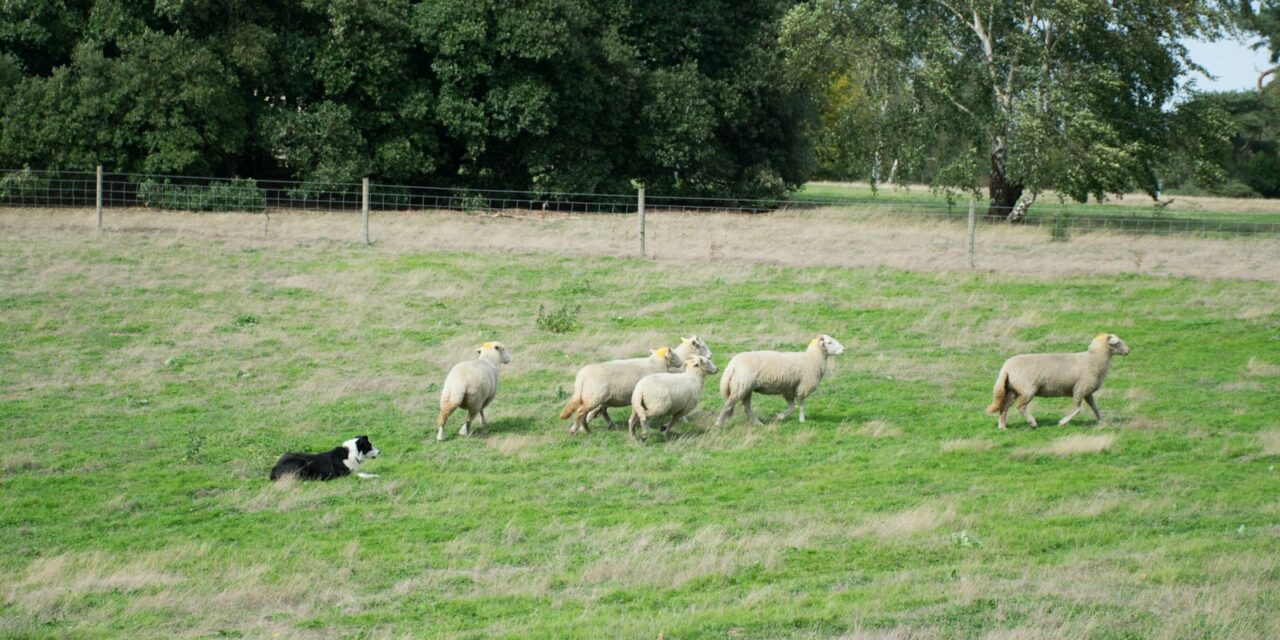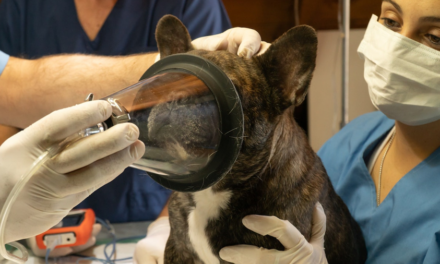Aspiring veterinary professionals can now apply for a place at Scotland’s first new vet school in over a century.
As of Friday, 5 July 2024, applications are being accepted through clearing at the School of Veterinary Medicine at Scotland’s Rural College (SRUC).
The SRUC School of Veterinary Medicine is set to welcome its first cohort of students into the Bachelor of Veterinary Science (BVSci) degree programme in Aberdeen in mid-October or early November. Successful applicants will be notified directly following their interviews to confirm their start date.
As the third veterinary school in Scotland and the first to open in more than 150 years, the SRUC School of Veterinary Medicine will employ innovative teaching methods to prepare students for careers in the rural mixed practice, agricultural, and food sectors. The curriculum will immerse students in real-life veterinary practices while addressing key issues within the rural and veterinary fields.
Addressing Key Issues in Veterinary and Rural Sectors
Professor Caroline Argo, Dean of Veterinary Medicine and Head of School, highlighted the importance of the new school in addressing the UK’s veterinary workforce challenges. “It is now recognised that the UK veterinary profession is failing to achieve self-sufficiency in generating and retaining homegrown talent. This has serious ramifications for Scotland’s farmers,” Professor Argo stated. “We are seeking to address this by training the vets that are so essential for our food sector and mixed, rural practices.”
The SRUC School of Veterinary Medicine aims to tackle the high turnover rate and dependency on non-UK, largely EU veterinarians, which have been exacerbated by changes in the labour market and Brexit. These challenges have kept the veterinary profession on the Home Office’s ‘Shortage Occupation List’.
Professor Argo emphasised the need for homegrown talent to fill critical roles in remote and rural practices, veterinary public health, livestock health and welfare, and government services, including certification. “In light of Brexit and border policy changes, it is now essential for Scotland that we build new homegrown talent pools for ourselves, and equip them with the specialist skills, resilience, and diversity that our rural communities, government, and food sectors require,” she added.
Innovative Curriculum and Real-Life Practice
The SRUC School of Veterinary Medicine’s new curriculum is designed to provide students with a comprehensive education that integrates practical experience. By embedding students in real-life veterinary practices, the school ensures that graduates are well-prepared to meet the demands of the profession, particularly in rural and agricultural settings.
This practical approach also aims to bridge the gap between academic learning and the real-world challenges faced by veterinarians, particularly in Scotland’s rural communities. The programme’s emphasis on hands-on experience and addressing current issues within the veterinary and rural sectors sets it apart from traditional veterinary education.
Prospective students can apply for a place at the SRUC School of Veterinary Medicine through clearing by visiting the SRUC website at www.sruc.ac.uk/clearing. The application process includes an interview, after which successful candidates will be contacted directly to confirm their enrolment and start date.








